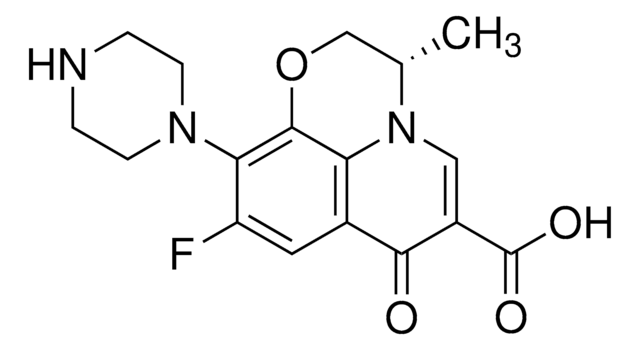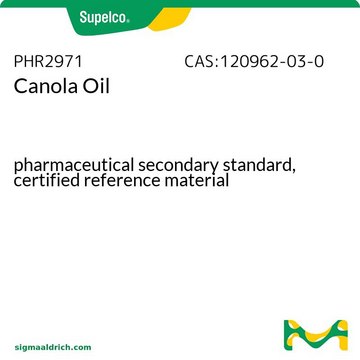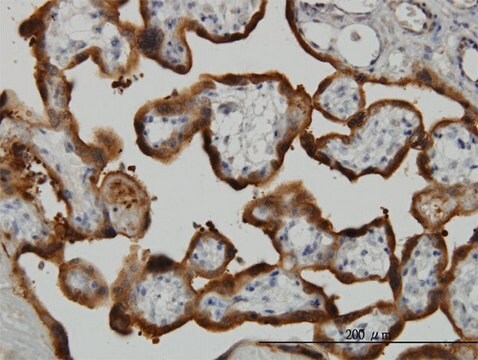PLA0118
Rabbit anti-Phospho RPS6 (S235/236) Antibody, Affinity Purified
Powered by Bethyl Laboratories, Inc.
Synonym(e):
40S ribosomal protein S6, S6, phosphoprotein NP33
About This Item
Empfohlene Produkte
Biologische Quelle
rabbit
Qualitätsniveau
Antikörperform
affinity purified immunoglobulin
Antikörper-Produkttyp
primary antibodies
Qualität
Powered by Bethyl Laboratories, Inc.
Speziesreaktivität
human
Methode(n)
western blot: 1:2,500-1:10,000
Hinterlegungsnummer
NP_001001.2
Versandbedingung
wet ice
Lagertemp.
2-8°C
Angaben zum Gen
human ... RPS6(6194)
Immunogen
Physikalische Form
Sonstige Hinweise
Haftungsausschluss
Sie haben nicht das passende Produkt gefunden?
Probieren Sie unser Produkt-Auswahlhilfe. aus.
Lagerklassenschlüssel
12 - Non Combustible Liquids
WGK
WGK 1
Flammpunkt (°F)
Not applicable
Flammpunkt (°C)
Not applicable
Analysenzertifikate (COA)
Suchen Sie nach Analysenzertifikate (COA), indem Sie die Lot-/Chargennummer des Produkts eingeben. Lot- und Chargennummern sind auf dem Produktetikett hinter den Wörtern ‘Lot’ oder ‘Batch’ (Lot oder Charge) zu finden.
Besitzen Sie dieses Produkt bereits?
In der Dokumentenbibliothek finden Sie die Dokumentation zu den Produkten, die Sie kürzlich erworben haben.
Unser Team von Wissenschaftlern verfügt über Erfahrung in allen Forschungsbereichen einschließlich Life Science, Materialwissenschaften, chemischer Synthese, Chromatographie, Analytik und vielen mehr..
Setzen Sie sich mit dem technischen Dienst in Verbindung.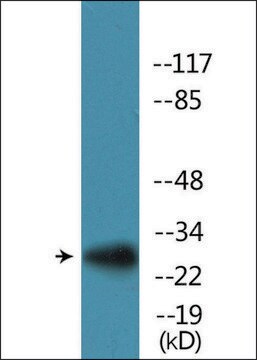
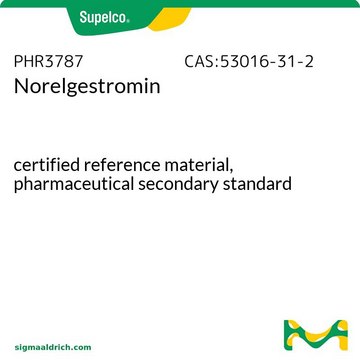
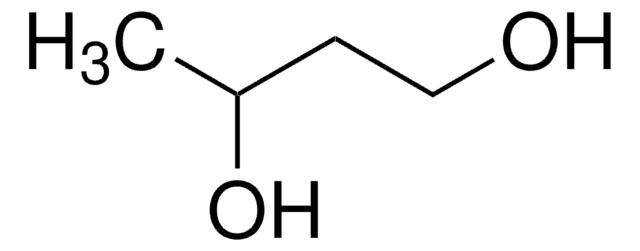
![Octahydrocyclopenta[c]pyrrole AldrichCPR](/deepweb/assets/sigmaaldrich/product/structures/385/398/e59a3455-5fde-4e4a-a173-43297760be22/640/e59a3455-5fde-4e4a-a173-43297760be22.png)



